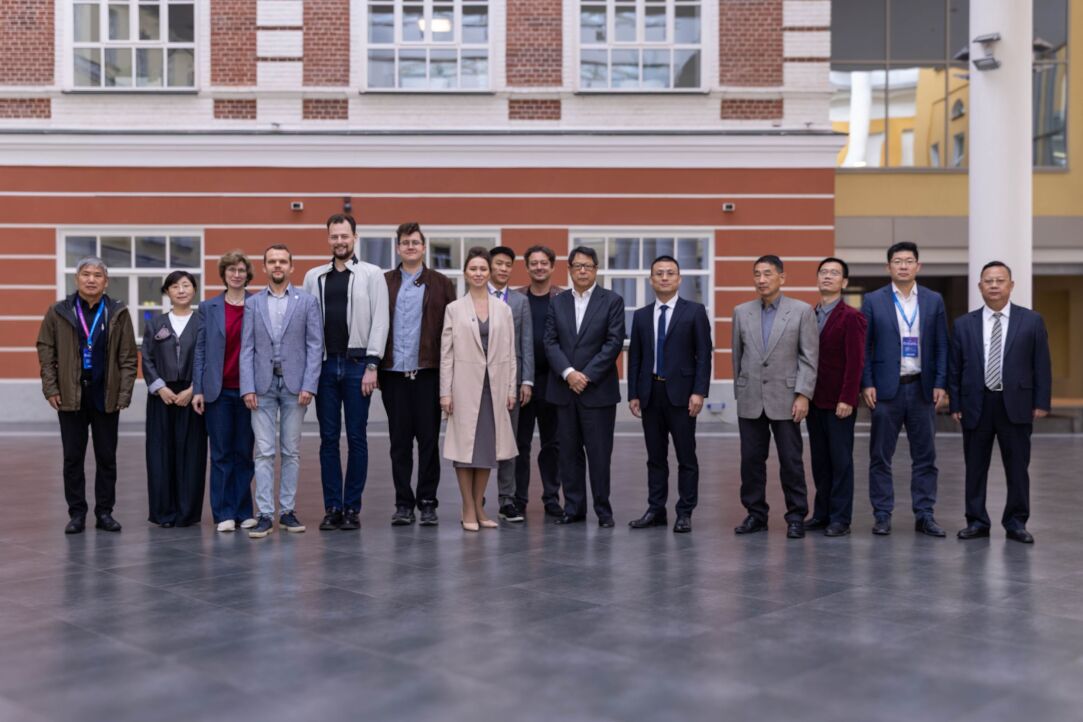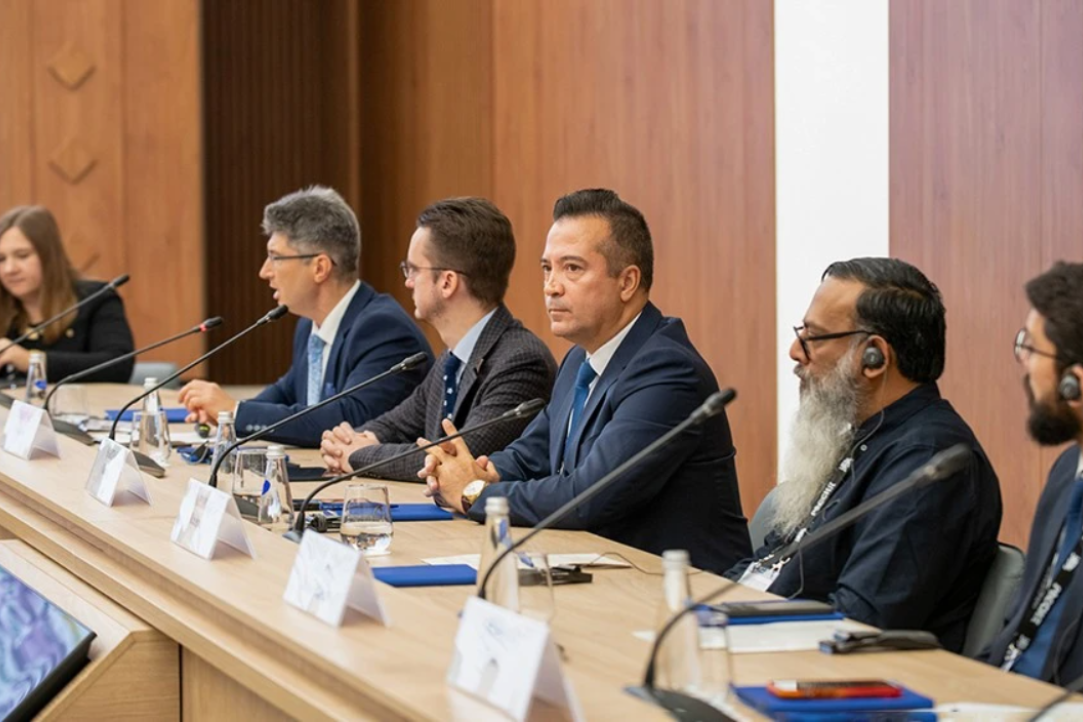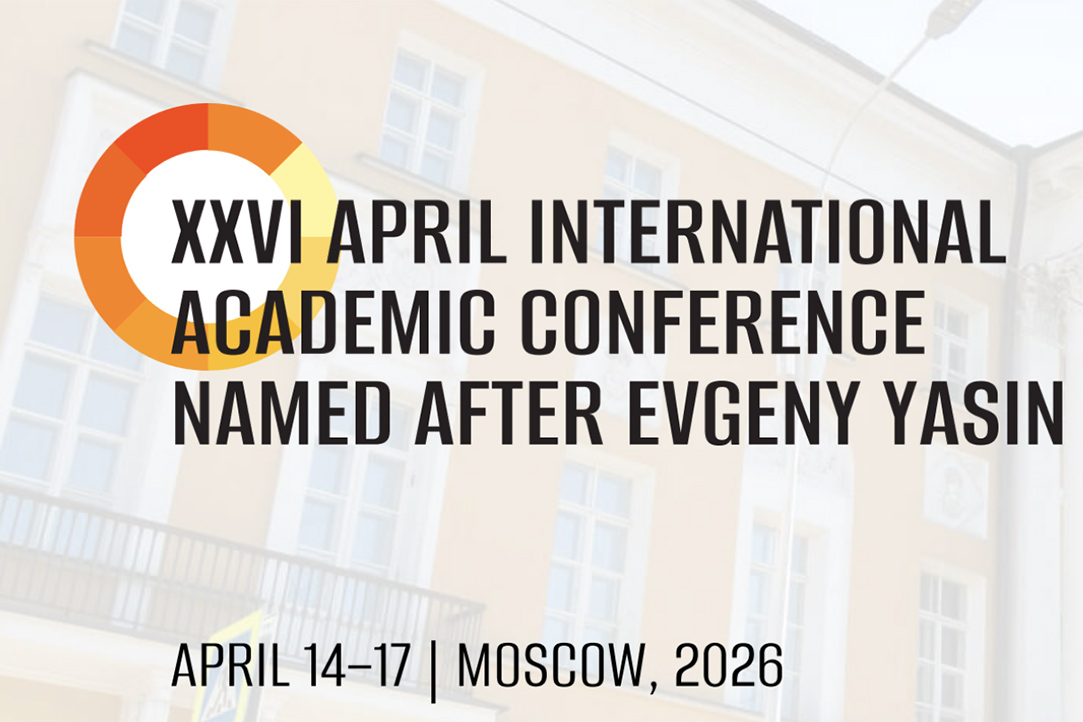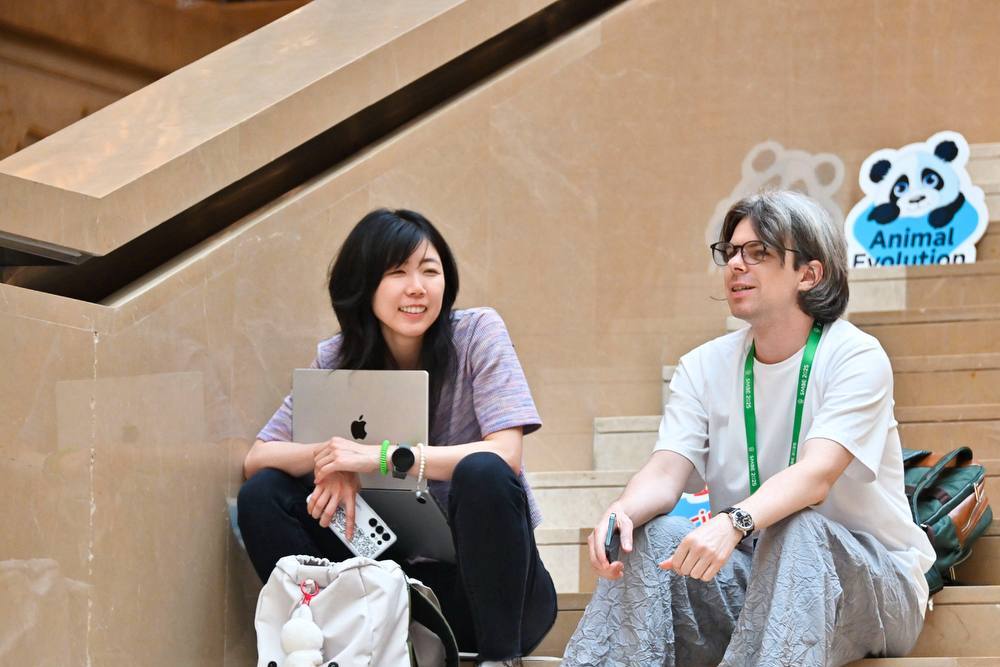
HSE Researchers Assess Creative Industry Losses from Use of GenAI
Speaking at the IPQuorum.Music forum on October 15, Leonid Gokhberg, HSE First Vice Rector, and Daniil Kudrin, an expert at the Centre for Industry and Corporate Projects of HSE ISSEK, presented the findings of the first study in Russia on the economic impact of GenAI on creative professions. The analysis shows that creators’ potential losses could reach one trillion roubles by 2030.

International Dialogue on Urban Development: Dynamic Urbanism and Green Infrastructure
In September 2025, the HSE Faculty of Urban and Regional Development (FURD) hosted a delegation of leading scholars and urban development experts from China. Two seminars were held at the Shukhov Lab with the participation of Chinese colleagues: the first focused on green infrastructure, while the second explored the theme of dynamic urbanism. In addition, a meeting between the Chinese delegation and representatives of FURD took place at the university’s main building on Pokrovsky Bulvar. The participants discussed opportunities for expanding cooperation between universities and research centres.

‘Fall into ML Has Firmly Established Itself as a Landmark Event in Russia’s AI Scene’
On October 24–25, 2025, the AI and Digital Science Institute of the HSE Faculty of Computer Science will host the fourth annual Fall into ML 2025 conference at the HSE Cultural Centre. The event is once again supported by its general partner, Sber. The focus this year is on breakthrough research and the future of fundamental AI.

'We Are Not Trying to Guess the Future—We Are Creating It': HSE University Experts Discuss 21st-Century Trends and Scenarios
Experts from HSE University participated in the II International Symposium 'Inventing the Future.' During the panel discussion 'Horizons of the Future: Trends, Challenges, and Scenarios,' organised by the HSE Institute for Statistical Studies and Economics of Knowledge (ISSEK), researchers explored the role of foresight and big data analysis in shaping visions of the future and identifying global megatrends that will drive the world’s development in the coming decades.

Applications to Participate in April International Academic Conference Now Open
HSE University is now accepting proposals to present academic reports at the XXVI April International Academic Conference named after Evgeny Yasin. Applications can be submitted until December 16, 2025. The conference events will take place mainly on-site in Moscow from April 14 to 17, 2026.

‘Regulators Must Understand That Absolute Predictability is Unattainable’
On October 10–11, 2025, the BRICS Competition Law and Policy Centre at HSE University (the BRICS Centre) hosted a two-day international seminar, ‘Platform Economy: Competition Law and the Market Power of Digital Platforms,’ in Tashkent, Uzbekistan. The event brought together competition authorities from BRICS+ nations and leading antitrust experts from around the world.

Extending Human Life and Promoting Active Longevity
Studies of molecular mechanisms of longevity make it possible to explore the potential for a significant increase in life expectancy, including active longevity, when older people maintain their ability to work and sustain social connections. Maxim Shkurnikov, Head of the Laboratory for Research on Molecular Mechanisms of Longevity, spoke with the HSE News Service about the laboratory’s work.

'We Explore Areas Where Much Remains Unknown'
Computational methods for analysing ancient and modern genomes make it possible to study the formation of genetic diversity in populations, reconstruct their history of mixing and migration, and trace the development of environmental adaptations. The HSE International Laboratory of Statistical and Computational Genomics applies mathematical methods and genetic data to address a wide range of issues across fields such as anthropology, epidemiology, and criminology. The HSE News Service spoke with the laboratory head, Vladimir Shchur, about its work.
A Space for Economic Experimentation: LEEF Organises Workshop for Early-Career Researchers
In early September 2025, the renewed Laboratory for Experimental Economics and Finance (LEEF) held its first workshop for early-career researchers. Its main distinguishing feature was that every presentation was based on the results of laboratory economic experiments. In particular, the speakers discussed what people consider a fair deal, how best to motivate employees, and how genes influence the willingness to cooperate and help others. All interested students and postgraduates were invited to collaborate with the laboratory.

Achieving Financial Independence: Experts Discuss Development of BRICS National Currency Settlements
How can BRICS countries move away from the dollar in international settlements, and what can they do to advance this goal today? These questions were discussed by experts during a round table at HSE University. The event was organised by the Multilateral Strategic Projects Office together with the HSE Faculty of World Economy and International Affairs as part of HSE’s activities within the BRICS Network University and the Joint Basic Research Projects ‘International Academic Cooperation of HSE University.’

